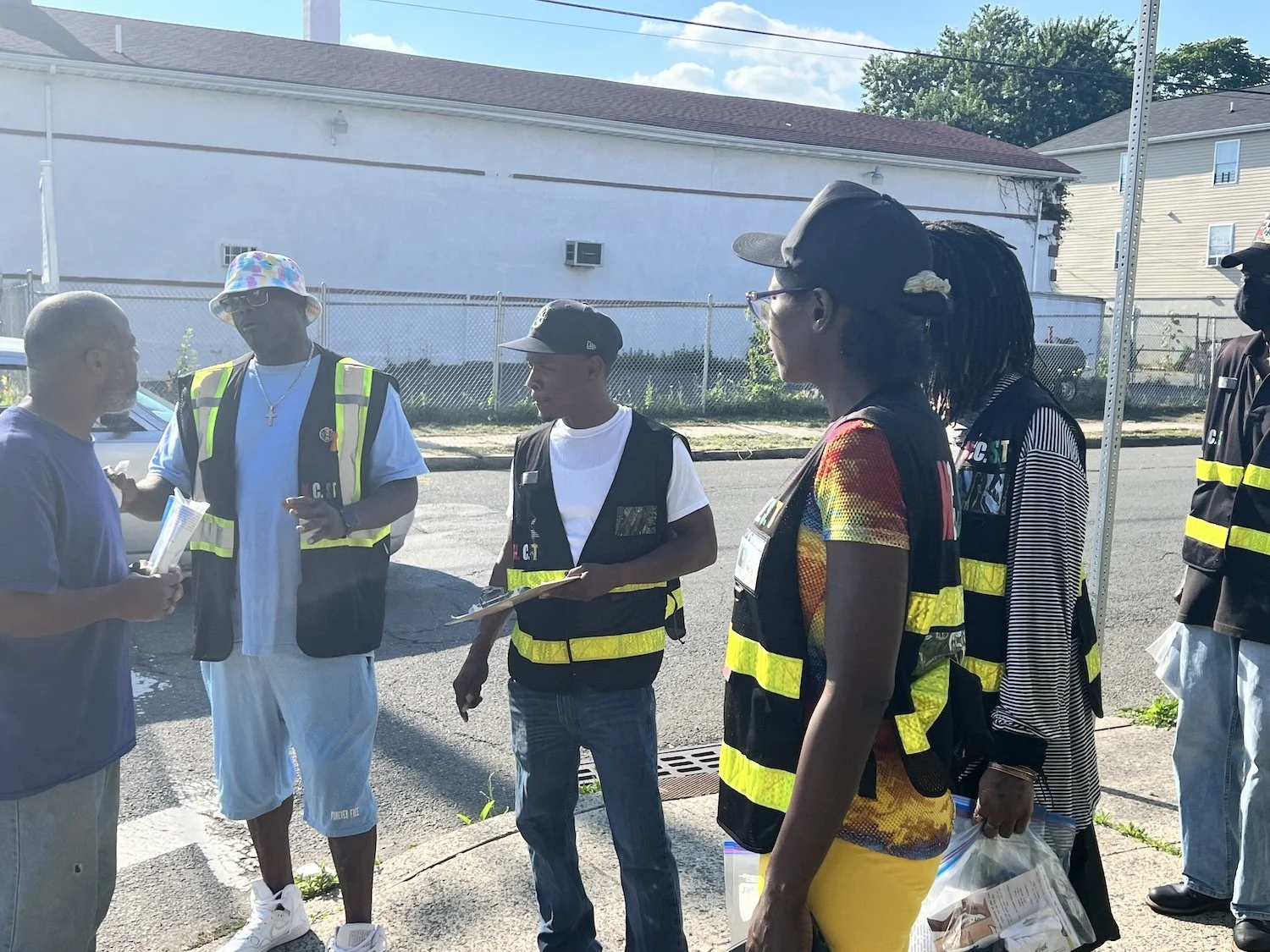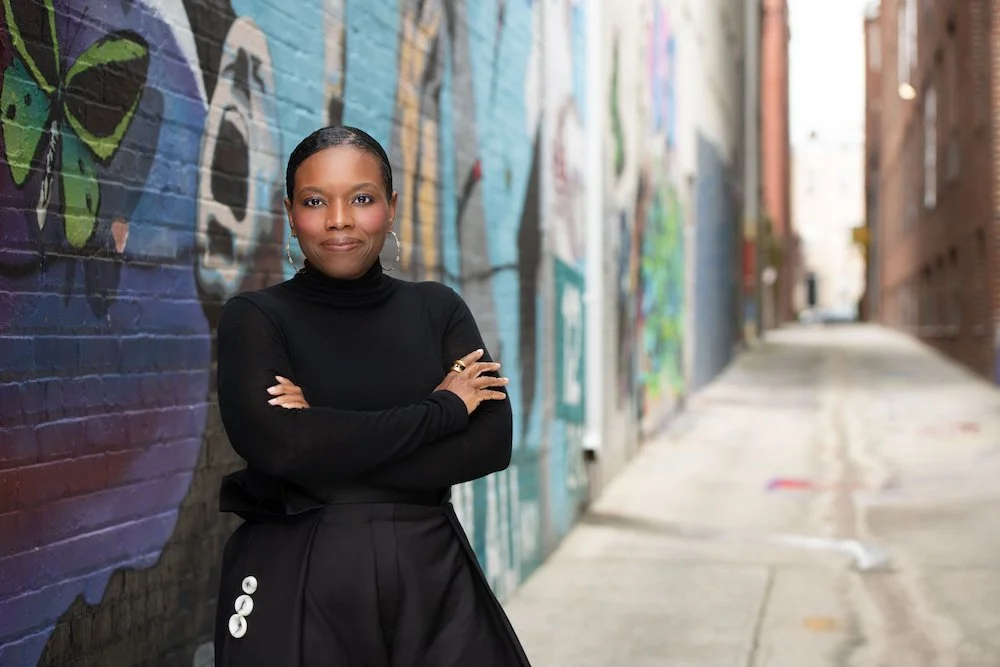New Koch Funding for Criminal Justice Reform Keep Keeps Coming
/Duke University Law School landed a $4.7 million gift. Bryan Pollard/shutterstock
It’s no secret that the Charles Koch Foundation likes funding public policy research and analysis. Or that the funder’s grants to universities have caused controversy, given the libertarian philosophy espoused by Charles Koch and his late brother David. Some critics have charged that recipient institutions are expected to hew closely to the billionaire brothers’ political and policy views.
In the area of criminal justice, however, Koch funding has made some wonder if Charles Koch has taken a liberal turn. Recent grantmaking by the funder is addressing mass incarceration, racial profiling, police use of force, mandatory minimum sentences, and other issues that also concern progressives. The Koch Foundation’s pro-reform activities have won praise from the American Civil Liberties Union (ACLU) and even former President Barack Obama.
In reality, Koch’s criminal justice grantmaking is just an extension of his belief in checking the power of government. The foundation’s website states that its grants “seek to inform efforts to reduce overcriminalization and government overreach, as well as recidivism, and to remove barriers that prevent former offenders from achieving successful lives.”
Last month, the Charles Koch Foundation unveiled its latest gift to support research and scholarship around criminal justice reform, announcing the formation of a criminal justice research center to be housed at Duke University Law School. The Duke Center for Science and Justice plans to bring together scholars in law, medicine, public policy and other disciplines to pursue research, education and policy reform in the following areas:
Accuracy in criminal cases: Work in this area will concentrate on how to better explain to jurors the fallibility of eyewitness memory, fingerprint comparisons, and other types of evidence.
The role of risk assessments: Judges often do not follow recommendations to divert offenders from prison, which swells already crowded prison populations. Research in this area will also study the need for more resources to promote alternatives to incarceration. Duke researchers will collaborate with the Durham, North Carolina, district attorney’s office to study alternatives to detention before trial and incarceration after conviction.
Needs: Work in this area will examine the importance of supports for formerly incarcerated persons to help them successfully re-enter society, thus reducing recidivism.
Much of this research agenda stems in part from the work of Duke Law Professor Brandon Garrett, a respected scholar of criminal procedure, wrongful convictions and death penalty cases. Garrett will lead the new Center for Science and Justice. His work has been featured in The Atlantic, the New York Times, and the Washington Post.
The Koch Foundation has pledged $4.7 million over four years, through July of 2023, to support the Duke Center for Science and Justice. Duke, meanwhile, announced the new center with an event featuring Yusef Salaam and Raymond Santana, two of the now-exonerated “Central Park Five,” the five young men who, as teenagers, were falsely convicted in the infamous Central Park jogger case in New York City. Their story was portrayed in the Netflix miniseries When They See Us.
This new center is consistent with past Koch support of scholarly research to inform public policy, without being duplicative of its past criminal justice gifts. The new Duke center will focus on issues related to evidence, alternatives to incarceration, and reentry. A 2017 Koch gift to The Ohio State University’s law school concentrates on issues related to drug policy and enforcement. A 2016 gift to the law school at Southern Methodist University in Dallas, Texas, focuses on the causes and consequences of wrongful convictions.
The agenda of the new center at Duke aligns with criminal justice reform interests of other philanthropists. Arnold Ventures has thrown its resources behind efforts to reform pre-trial justice, while funders such as Andrew W. Mellon Foundation, the Gates Foundation, and the Ford Foundation, among others, have supported efforts around reentry.
There is a growing recognition among policymakers and funders that the current criminal justice system badly needs reform. This new center will bring additional voices and perspectives to what is already a busy field.
Related: Man Bites Dog? Not Quite. But Koch Support for Criminal Justice Reform is Pretty Interesting







































